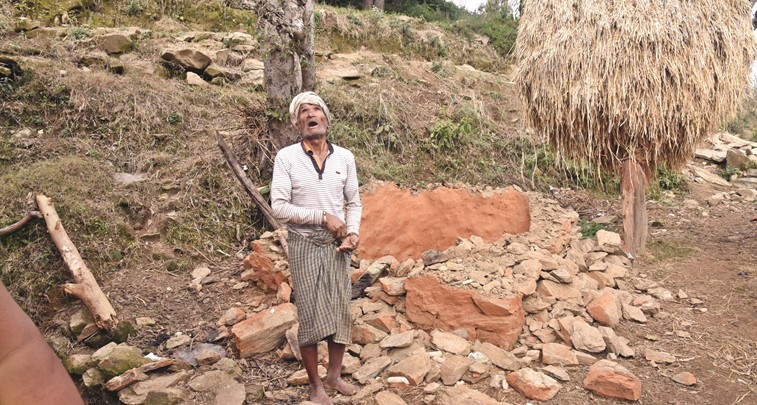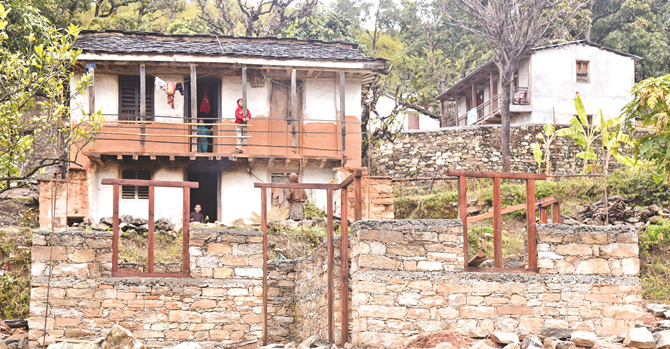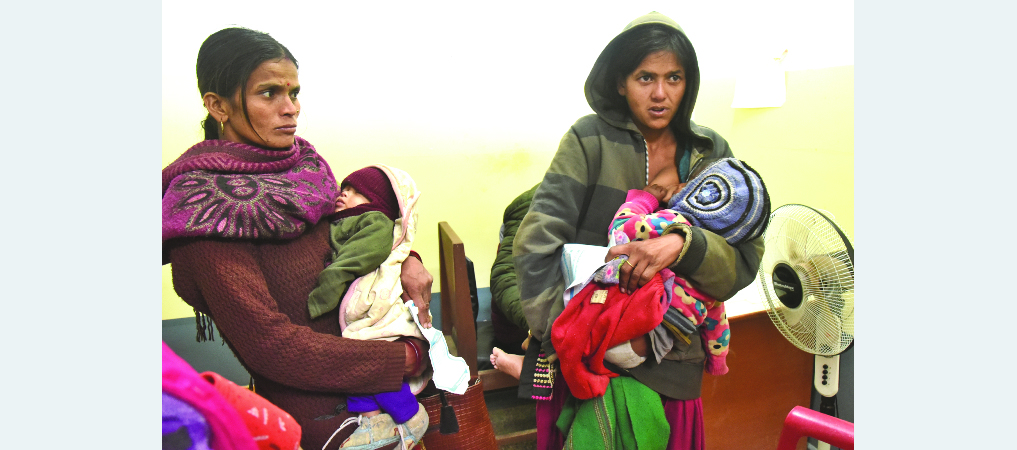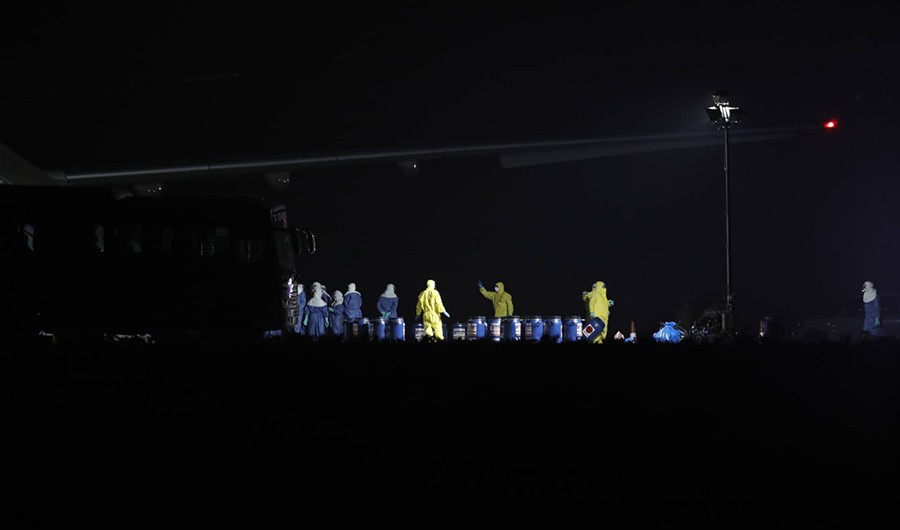Impose high tax on tobacco to limit its use: Health experts

By Ajita Rijal
Kathmandu, Feb. 5: Non-communicable diseases, including cardiovascular disease, lung disease, respiratory diseases, obstructive pulmonary diseases and cancer, have become most daunting life-risking factors in Nepal and tobacco use is the single greatest avoidable threat factor. Though the tobacco control policies are well legislated, they are implemented less effectively.
Doctors suggested all for avoiding nicotine and tobacco products completely and asked the government to impose high taxes to reduce its affordability. The impacts of tobacco-related disease are as severe as they are varied, said Dr. Jaya Kumar Gurung, executive director of Nepal Development Research Institute (NDRI).
It is very important to understand the risk factors and avoid the consumption of tobacco, said Dr. Gurung and added that high taxation is a must on tobacco products to reduce its affordability and easy availability.
Along with the financial burden, continuous physical pain and mental stress in the tobacco related illness, there are impacts on lives of the patient and their family including stress, thus reducing its affordability is very important, said Dr. Rajendra Prasad Baral, an oncologist.
The health experts have stressed on the dire need of effective implementation of the existing plans and policies, and price rise of tobacco products.
According to NDRI, Nepal has one of the lowest taxation rates at 30 per cent in South East Asia and has taxation on tobacco significantly below the WHO guidelines of 70 per cent of retail price.
Over 30 per cent population in Nepal use tobacco products and NCDs in various age-group people are more likely to be caused by tobacco use. As per World Health Organisation (WHO), monitoring is the critical approach to control tobacco use.
“People are found smoking freely in public places as proper monitoring from the concerned authorities is not being carried out,” said Dr. Baral and added that the pace of enforcement and compliance of the law to restrict the use of tobacco in public places is pretty low.
According to Tobacco Product Control and Regulation Control Act 2011, when one is found smoking in public places, manager will expel the person from the place and may be liable to pay a fine of Rs. 100 or both punishment must be imposed.
“We are persistently pressing the government to increase the tax on tobacco products, which is a win-win situation for public health and rise in revenue for the government,” said Dr. Baral.
The tobacco epidemic is a huge threat to public health. It is estimated to kill more than 8 million people every year across the world and in Nepal it is claiming 27,100 lives every year.
Recent News

Do not make expressions casting dout on election: EC
14 Apr, 2022
CM Bhatta says may New Year 2079 BS inspire positive thinking
14 Apr, 2022
Three new cases, 44 recoveries in 24 hours
14 Apr, 2022
689 climbers of 84 teams so far acquire permits for climbing various peaks this spring season
14 Apr, 2022
How the rising cost of living crisis is impacting Nepal
14 Apr, 2022
US military confirms an interstellar meteor collided with Earth
14 Apr, 2022
Valneva Covid vaccine approved for use in UK
14 Apr, 2022
Chair Prachanda highlights need of unity among Maoist, Communist forces
14 Apr, 2022
Ranbir Kapoor and Alia Bhatt: Bollywood toasts star couple on wedding
14 Apr, 2022
President Bhandari confers decorations (Photo Feature)
14 Apr, 2022








